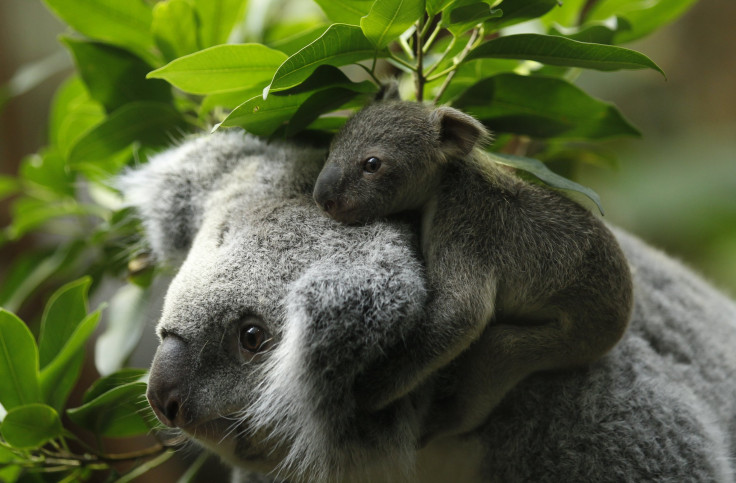Culling koalas the best way to save the animal, say scientists
Apart from chlamydia, climate change and drought are also responsible for the declining rate of koalas

Australian scientists are planning to kill koalas in a bid to eliminate the chlamydia infection that has affected most of the animal's population.
Chlamydia is a disease that causes lesions in the genitals as well as in the eyes of koalas, further leading to sterility, blindness and ultimately death. The disease makes the animal infertile. To counter these problems, an aggressive campaign has been organised by Australian scientists to kill those affected by the disease so that the healthy can survive.
“Treating those that are moderately sick, but euthanising those that have more advanced disease not treatable with antibiotics, will lead to greater numbers of Koalas in the end,” said David Wilson, lead researcher at the University of New South Wales.
According to a study published in the Journal of Wildlife Diseases, killing koalas might trigger a rapid decline in the population, but numbers would rebound in four years. “We’ve found that systematic targeting and culling of these Koalas will paradoxically lead to an increase in population sizes over the next five to 10 years,” Wilson added.
The study conducted on koalas included hundreds of simulations of the species’ population at Moreton Bay, in northeastern Australia, under different scenarios, ranging from the treatment of infected Koalas to systematic culling. Apart from chlamydia, which has the worst impact on the Koala population, factors such as climate change and drought are also contributing to their declining rate.
According to a report on laht, Desley Whisson, wildlife lecturer from Deakin University, said koalas faced numerous threats from state to state. Even though she supported the idea of culling diseased koalas, she agreed that it might be a difficult strategy to sell, said an ABC report.
"At the national level culling is not permitted for any reason for koalas so it would have to be a turnaround in the thinking at the Commonwealth level for that to be allowed. So, I think only time will tell whether politicians actually listen to the research rather than listen to emotive arguments about 'we can't kill koalas'," she said.
Contact the writer at feedback@ibtimes.com.au, or let us know what you think below.





















